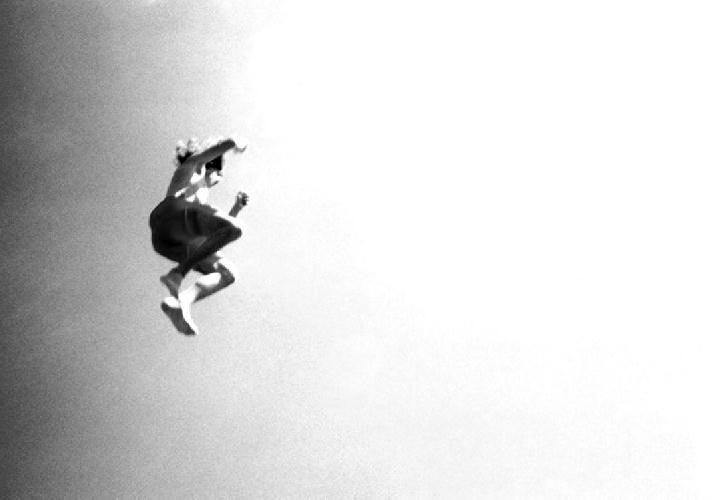I wrote this post 8 or so years ago and recently found it in my drafts of another blog platform. Like stumbling on a time capsule in the backyard, I found it interesting to reflect on my thought patterns from nearly a decade ago. I’m posting it almost exactly as I found it in my drafts.
As usual, my Uber driver is ready to free me of my suitcase as I approach the curb. Today, I’m taking UberX, so he loads my suitcase into the back of his black, boxy Honda Element, opens the side door for me, and I climb in.

I’ve picked up a coffee at the Starbucks in the lobby of my hotel, so I’m already waking up. In my travels as a business consultant, I often share engaging conversation with my Uber drivers, but some days I’m just too exhausted. Today, though, I am quite awake.
As I am chauffeured to the office by Mark, we quickly begin talking about the many countries in which he has lived, between his childhood and his settling in America over a decade ago. “Are you Russian?” I ask, profiling him based on his obvious accent.
“I am a mix of many things, Russian, Ukranian, Hebrew… but I’m proud to call myself an American now.”
I don’t know if this is something that Uber has cognitively engineered into the culture of their service, but I often leave a ride with a driver and feel like I’ve made a longtime friend with whom I have much in common. Mark was an electrical engineer by training and had worked in technical roles at companies around the world, but when he was laid off earlier this year, he decided to do two things. Drive Uber and become a Ruby on Rails developer. Mark is in his 50s.
Since I am also working on learning Rails, we began talking about development, entrepreneurship in Denver, and global startup trends. Back in Russia, I learn, Mark had held a job providing financing to small businesses.
“But the government taxes you so much, and the mafia often want a cut, so it’s very difficult.”
When he arrived in America 13 years ago, Mark was asked by his daughters’ elementary school teacher to talk about what it was like being a new immigrant. So he brought some exercise weights into the classroom and asked the children to attach them to their legs and try to jump. It was, obviously, quite difficult. He then removed the weights and told them to jump again. One of the boys got so excited he blurted out “It feels like I am flying!”
“That’s what it feels like when you come to America,” Mark told the class. “You spend so much of your life held down by weights that you don’t even know are holding you back.” He paused, then turned to me and added,
“…but then eventually you get used to it and become more complacent, more American.”
Though a comment that is arguably unfair, I don’t think Mark was trying to be critical of America. I think he was driving at the idea that our enthusiasm for something—for example, freedom—can be proportional to the contrast it brings into our lives. The grass looks greener when you’ve just walked out of a desert.
It prompts an interesting question for me. The word complacency has the undertone of smugness or self-satisfaction, but Merriam Webster defines it as simply “satisfied with how things are and not wanting to change them.” Is there a point in life at which this is ok? Is change and material advancement always a virtue, in a world where many people choose career advancement at the cost of a family life? Is this kind of advancement perhaps adding weights to our ankles rather than removing them?
As a driven, young professional, it’s hard for me to speak with authority on these questions. On a personal level, I feel a strong urge for contrast in my life, and a fear of complacency. Much of my generation does, I think. Perhaps in a world where we feel the need to upgrade our iPhone every twelve months, we need to learn to be more complacent in some ways. The biggest challenge I am giving to myself, however, is to pursue meaningful contrast in my work and life. For me, I think, this means supporting and experiencing contrast in the lives of the less fortunate—those who have physical, social, political, and spiritual weights that keep them from enjoying even the most basic of opportunities.
Maybe helping others learn to fly will be the best way to make sure I keep flying.



Love it! Funny how a conversation like that can really make you think.